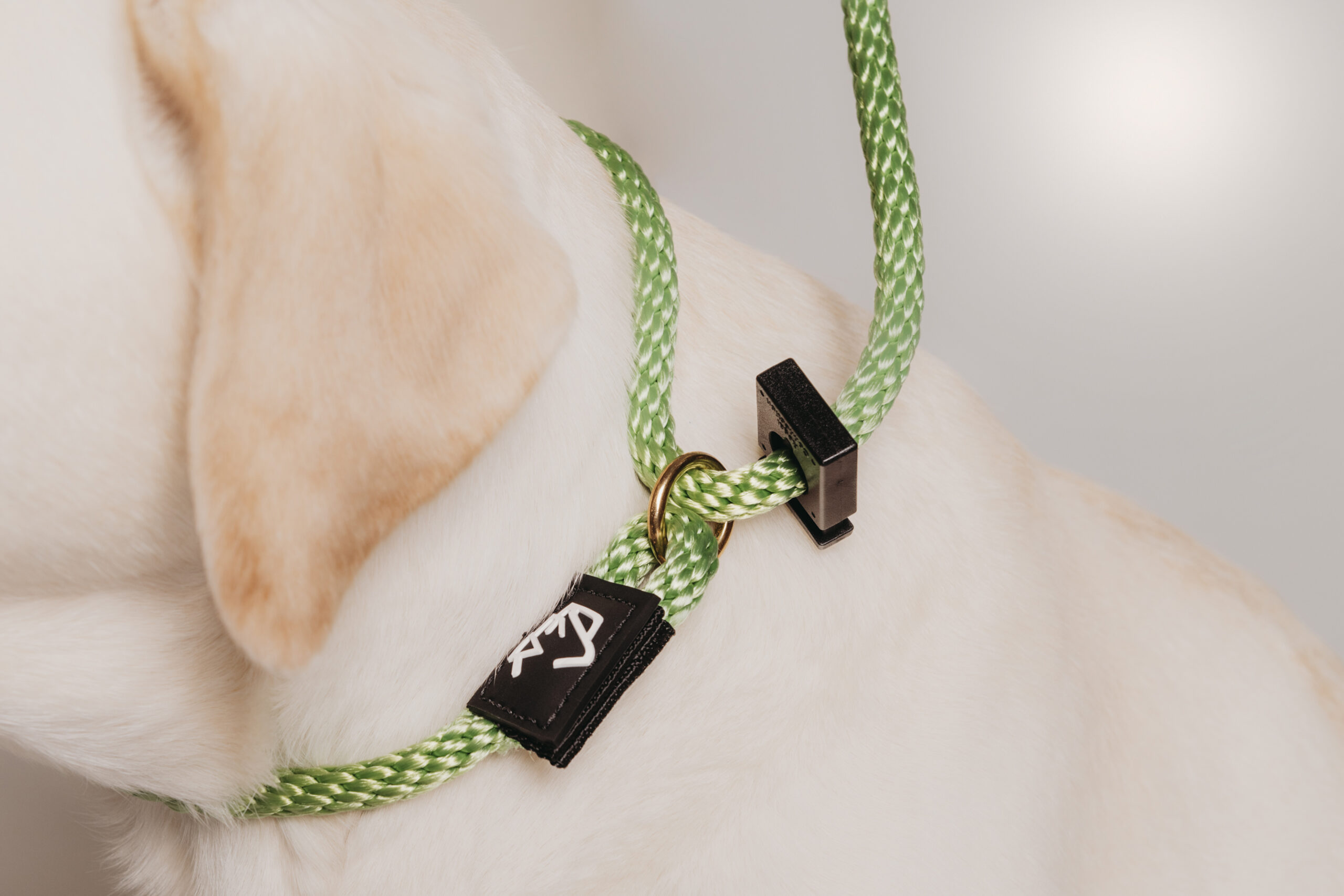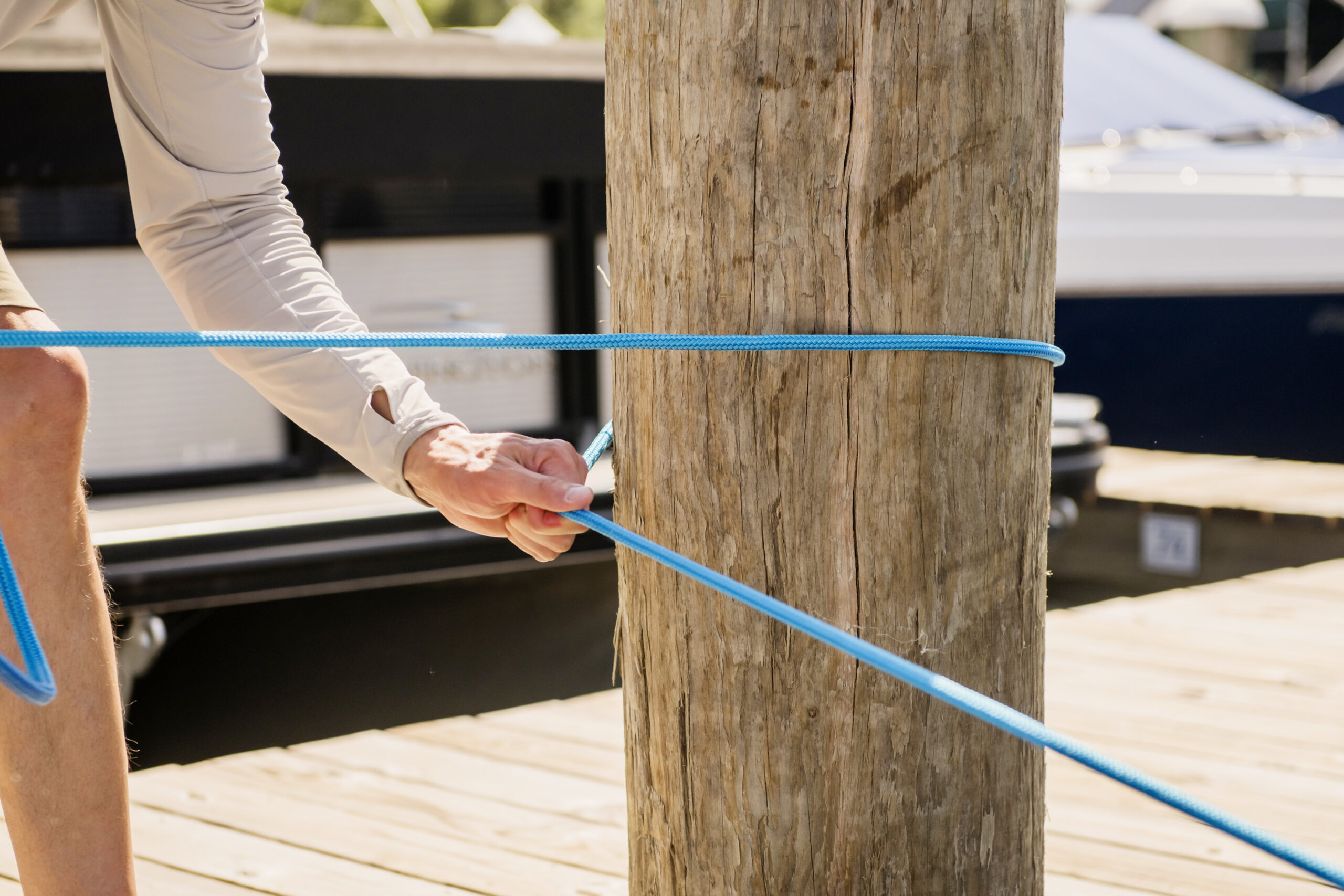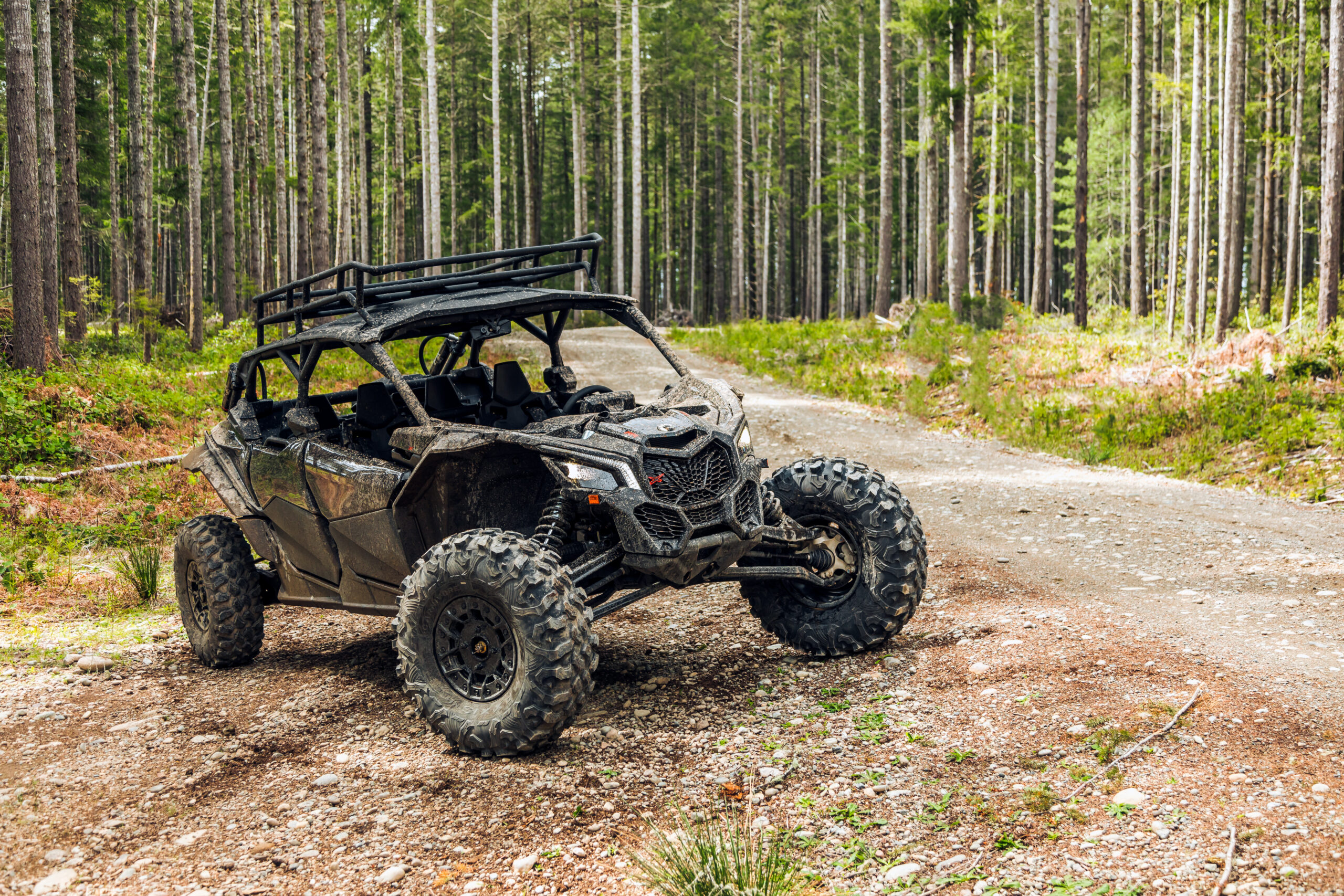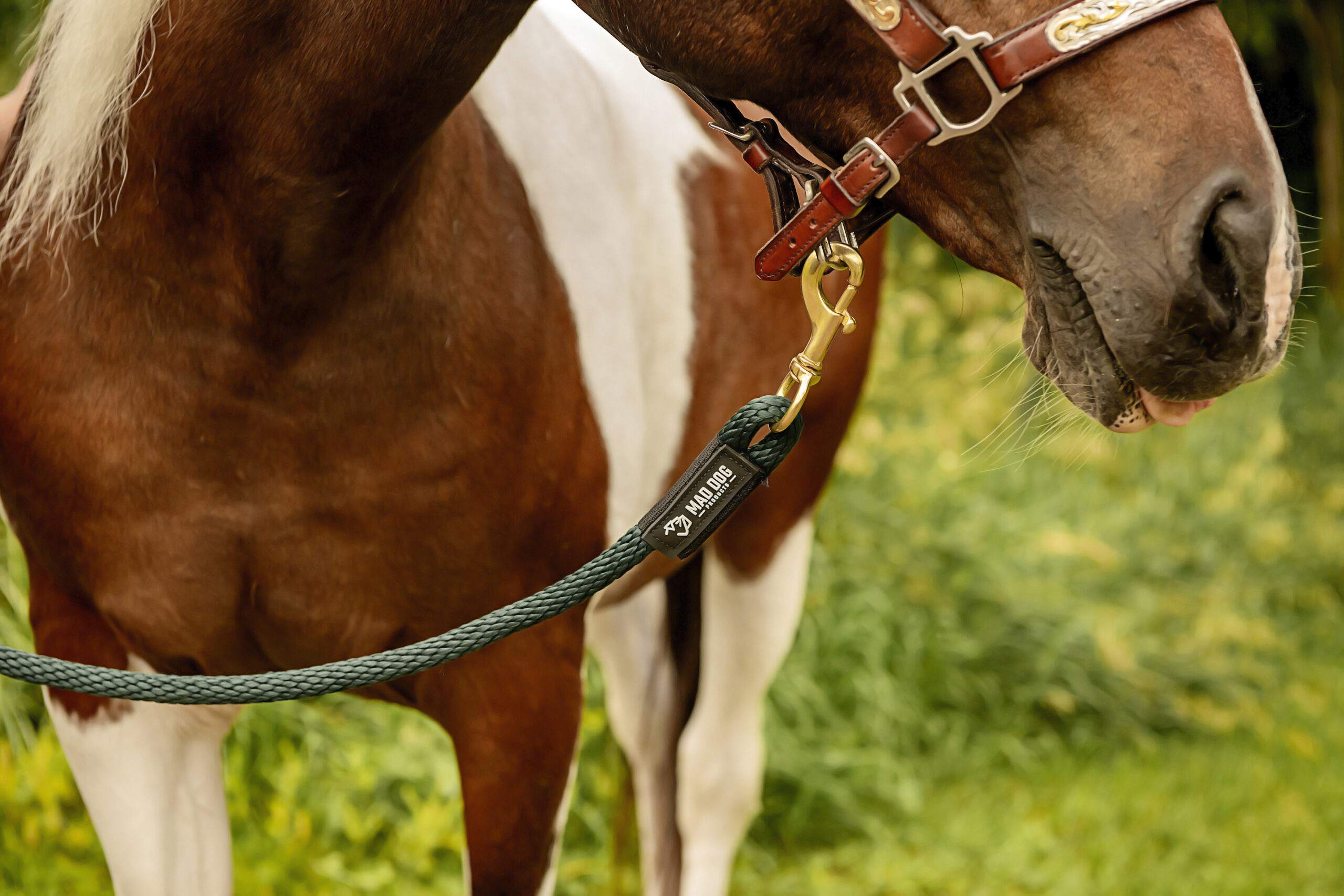Training Tips For Young Horses
Training a young horse can be one of the most rewarding experiences for both the horse and the trainer. It’s a time to establish trust, build a solid foundation, and set the stage for a successful partnership. Whether you’re starting with a foal or working with a yearling, here are some essential training tips to help guide you through the process and ensure a positive and productive experience.
Start with Groundwork
Groundwork is crucial for young horses as it lays the foundation for all future training. Begin with basic exercises to build trust and teach respect. Practice leading, haltering, and grooming to help your horse become comfortable with human interaction. Introduce simple commands like “walk on” and “whoa” to establish communication and obedience.
Introduce New Experiences Gradually
Young horses need to experience a variety of stimuli to become well-rounded and adaptable. Introduce new experiences gradually and in a controlled manner. Whether it’s encountering different environments, objects, or other animals, ensure that each new experience is positive and non-threatening.
Avoid Overloading
Young horses have limited attention spans and physical stamina. Avoid overloading them with too much information or too many tasks in a single session. Focus on one or two key concepts at a time, and allow your horse to process and learn at their own pace.
Focus on Desensitization
Desensitization helps young horses become accustomed to various stimuli and reduces their tendency to spook or react nervously. Introduce your horse to items like tarps, umbrellas, or loud noises in a controlled way, allowing them to investigate at their own pace. The goal is to create a sense of familiarity and confidence in new situations.
Ensure Proper Equipment Fit
Properly fitted tack and equipment are essential for the comfort and safety of your young horse. Ensure that all equipment, including saddles, bridles, and halters, fits correctly and doesn’t cause discomfort or pain. Regularly check and adjust the fit as your horse grows and develops.
Other Key Tips
More key practices in training a young horse are to build a strong relationship with them. Building trust and a strong emotional connection will make training more effective and enjoyable for both of you. Teach basic commands such as “walk,” “trot,” “canter,” and “halt.” Use clear, consistent cues and be patient as your horse learns. Young horses may not fully grasp commands right away, but with consistent practice and positive reinforcement, they will gradually understand and respond. Positive reinforcement is a powerful tool in training young horses. Reward good behavior with praise, treats, or gentle scratches. This approach helps reinforce desirable actions and encourages your horse to repeat them.
Training young horses is a journey that requires patience, dedication, and a positive attitude. By focusing on groundwork, consistency, positive reinforcement, and building a strong bond, you’ll set the stage for a successful and fulfilling partnership. Remember that every horse is unique, and tailoring your approach to their individual needs and personality will help ensure the best results. Happy training!
Become a Dealer
Subscribe for 10% off your first purchase.




